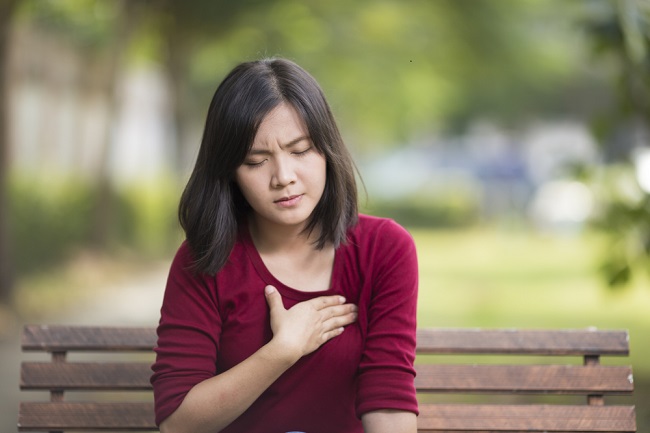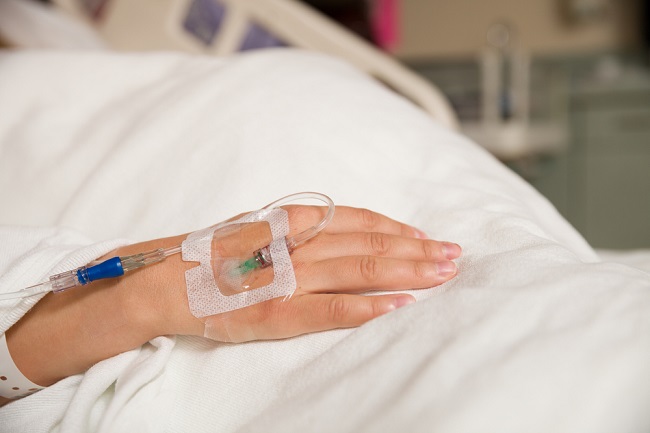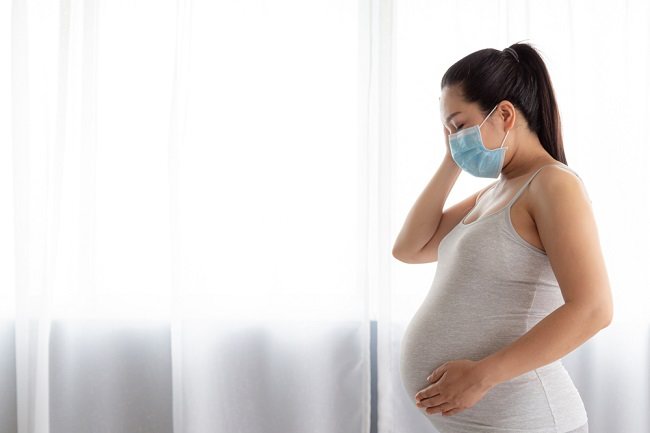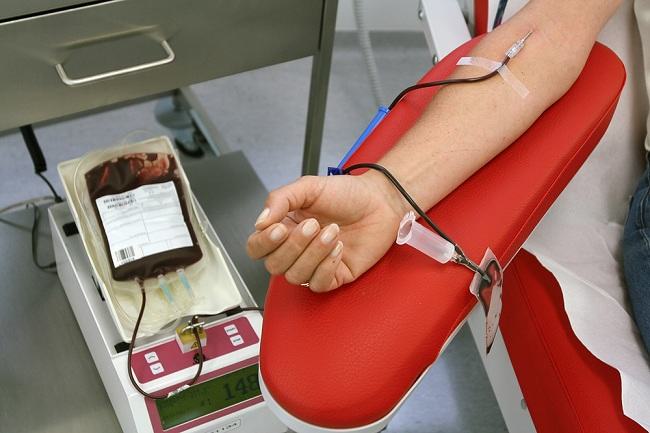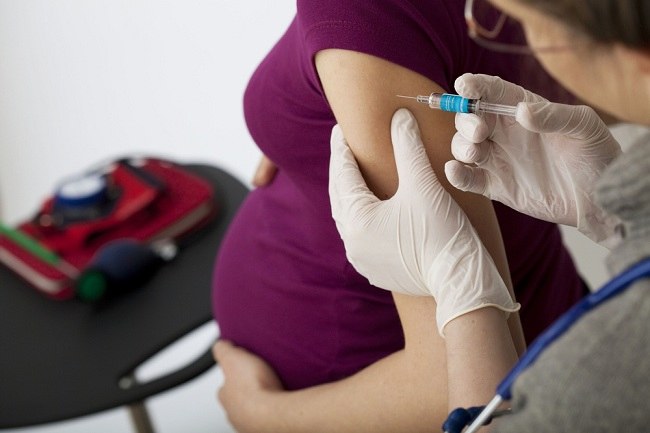Geriatric syndrome is a variety of symptoms of health problems that often occur in the elderly or the elderly due to the aging process. If not treated properly, this syndrome can cause the quality of life of the elderly to decline.
A syndrome is a collection of symptoms that occur together and are usually caused by a particular disease or medical condition. Meanwhile, geriatrics is a term for the elderly, namely people aged over 60 years.

Geriatric syndromes are generally chronic and have no characteristic or specific symptoms. In addition, the elderly who experience geriatric syndrome will also usually experience a decrease in organ function due to the aging process.
This causes the elderly to be less able or have difficulty in carrying out daily activities, such as bathing or dressing, so they need to be helped by the people around them.
There are several factors that can cause an elderly person to experience geriatric syndrome, including genetic factors, physical and psychological conditions, environmental conditions, and social status.
Types of Geriatric Syndrome in the Elderly and their Treatment
The following are some types of health disorders in the elderly belonging to the geriatric syndrome:
1. Urinary and stool incontinence
Elderly with geriatric syndrome usually experience urinary incontinence. In addition, people with geriatric syndrome can also experience fecal incontinence or can not hold a bowel movement.
Seniors with urinary incontinence are advised to reduce their consumption of caffeinated and alcoholic beverages, and stop smoking. Urinary incontinence can generally be treated with medication, medical aids, Kegel exercises, or physiotherapy including electrical therapy on the nerves that regulate urinary function.
Meanwhile, the management of fecal incontinence in the elderly can include the administration of drugs, recommendations for special diet and exercise, physiotherapy, and surgery to repair the muscles around the anus.
The elderly who experience urinary or stool incontinence also usually need to use adult diapers.
2. Sleep disturbance
Complaints of sleep disorders that are often experienced by the elderly are difficulty falling asleep, not sleeping well and easily waking up, or often waking up during sleep and having difficulty going back to sleep. Elderly people who experience sleep disorders also usually feel lethargic after waking up in the morning.
This condition can affect the quality of life and affect the health condition of the elderly. Sleep disorders can be treated by giving drugs from doctors and psychotherapy if they are caused by psychological disorders.
In addition, the elderly who have sleep disorders are advised to limit naps during the day, and not to exercise or consume caffeinated drinks in the afternoon.
3. Dementia
Dementia is a disease that causes a decrease in memory and thinking. This condition can make it difficult for the elderly to socialize and difficult to carry out daily activities properly. Dementia is also closely related to other mental disorders, such as depression.
Elderly people with dementia need to get comprehensive treatment, such as giving medicines to relieve symptoms of dementia, such as class drugsacetylcholinesterase inhibitors, memantine, antipsychotics, and antidepressants.
Elderly people with dementia also need to have a balanced nutritious diet. To relieve symptoms of dementia, your doctor may prescribe supplements of vitamin E, folic acid, and omega-3s, to support brain function.
In addition to drugs, dementia also needs to be treated with psychotherapy, occupational therapy, and cognitive stimulation therapy or brain exercise.
4. Delirium
Delirium is a medical emergency in which severe confusion occurs suddenly. When experiencing delirium, the elderly will also feel restless and anxious.
Elderly with geriatric syndrome who experience delirium need to receive direct monitoring in the hospital. This is important so that they do not injure themselves or others and doctors can directly provide treatment to treat delirium conditions.
5. Balance disorders and falls
As you enter old age, your physical strength gets weaker. This can make it difficult for the elderly to maintain body position and balance. In addition, the elderly also often experience a decrease in the quality of vision. This can make the elderly with geriatric syndrome easy to fall and get injured or injured.
The risk of injury in the elderly can also increase if they walk on uneven roads or when street lighting is inadequate. Injuries from falls can even cause the elderly to fracture.
Handling for the elderly with geriatric syndrome who often falls is to ensure that the living environment or home for the elderly is safe and has good facilities so that it does not have the potential to cause injury.
6. Osteoporosis
Osteoporosis is characterized by bone loss that is common in the elderly, especially elderly women. This condition occurs when the body's ability to repair and strengthen bone tissue decreases due to aging.
Therefore, the elderly need to undergo regular health checks, including bone examinations. Osteoporosis in the elderly can be overcome by increasing the intake of calcium and vitamin D, as well as treatment from a doctor.
Physical activity such as strength training and osteoporosis exercise is also important for maintaining bone health. Families or people who care for the elderly with osteoporosis also need to maintain and monitor when the elderly are active to minimize the risk of falling or injury.
7. Other conditions
In addition to the five conditions above, there are several other conditions that fall into the category of geriatric syndrome, namely:
- Hearing disorders
- Visual disturbances, for example from cataracts or macular degeneration
- Sexual disorders, such as impotence and vaginal dryness
- Weakened immune system
- Malnutrition and eating disorders
- Difficult or unable to move
- Organ dysfunction, such as kidney and liver
Due to their weakened body condition due to aging or the presence of comorbidities, the elderly are susceptible to geriatric syndrome which consists of various health problems above. Geriatric syndrome in the elderly needs to be examined and treated by a geriatric doctor.
Therefore, if you have family members or relatives who are elderly and experience signs and symptoms of geriatric syndrome, you should invite them to consult a doctor so that proper examination and treatment can be carried out.
